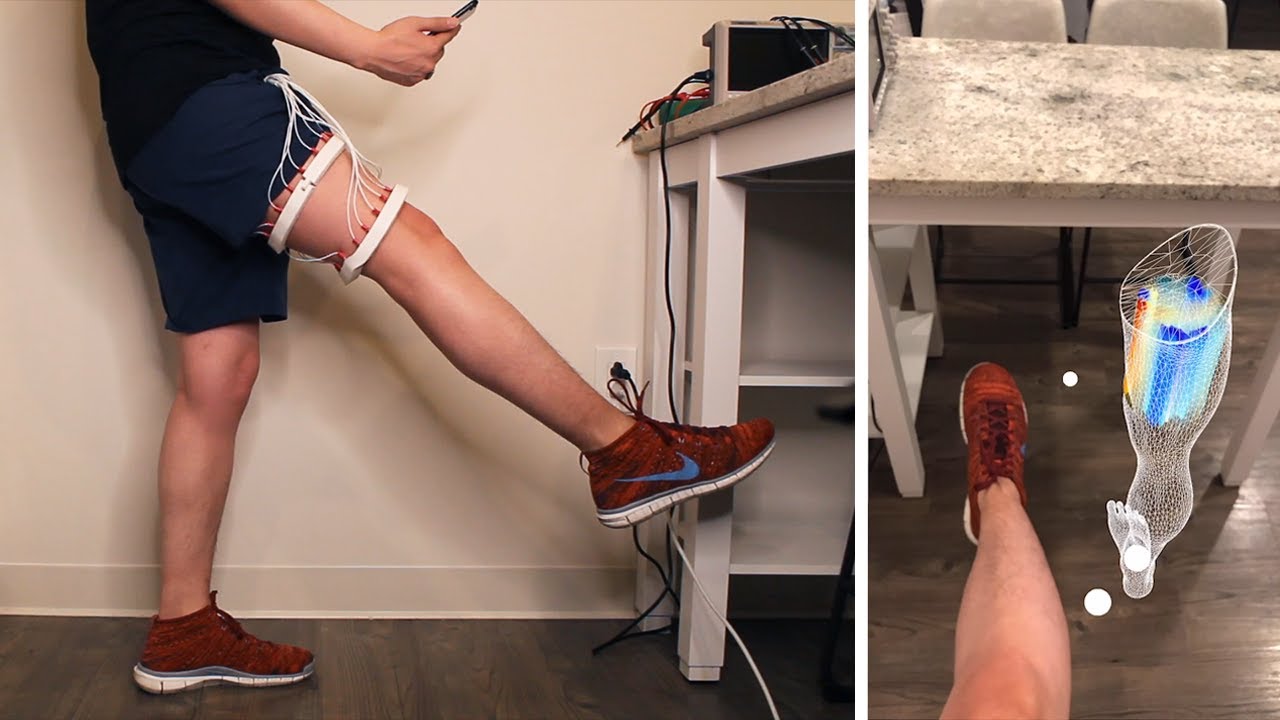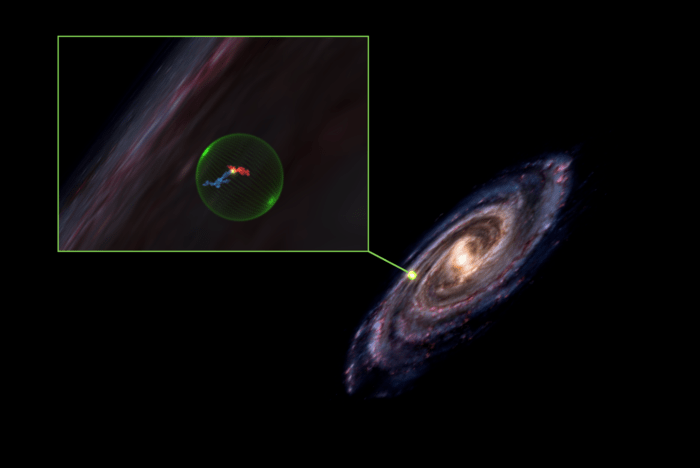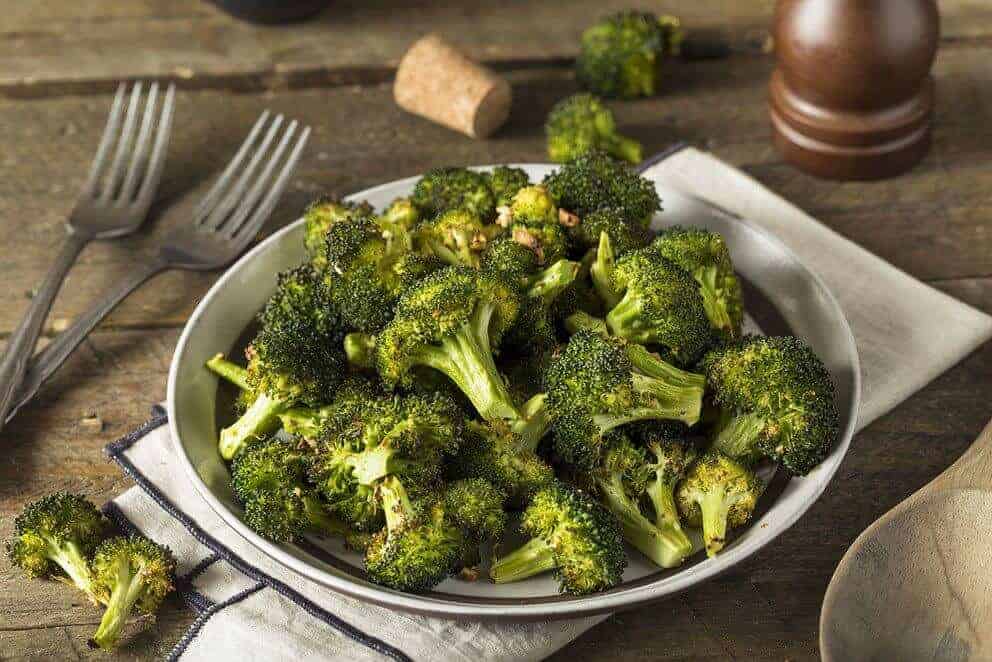Previous definitions of “well-being,” limited to taking a brisk walk and eating a few more vegetables, feel in many ways like a distant past. Shiny watches and sleek rings now measure how we eat, sleep, and breathe, calling on a combination of motion sensors and microprocessors to crunch bytes and bits. Even with today’s variety […]
Read More








